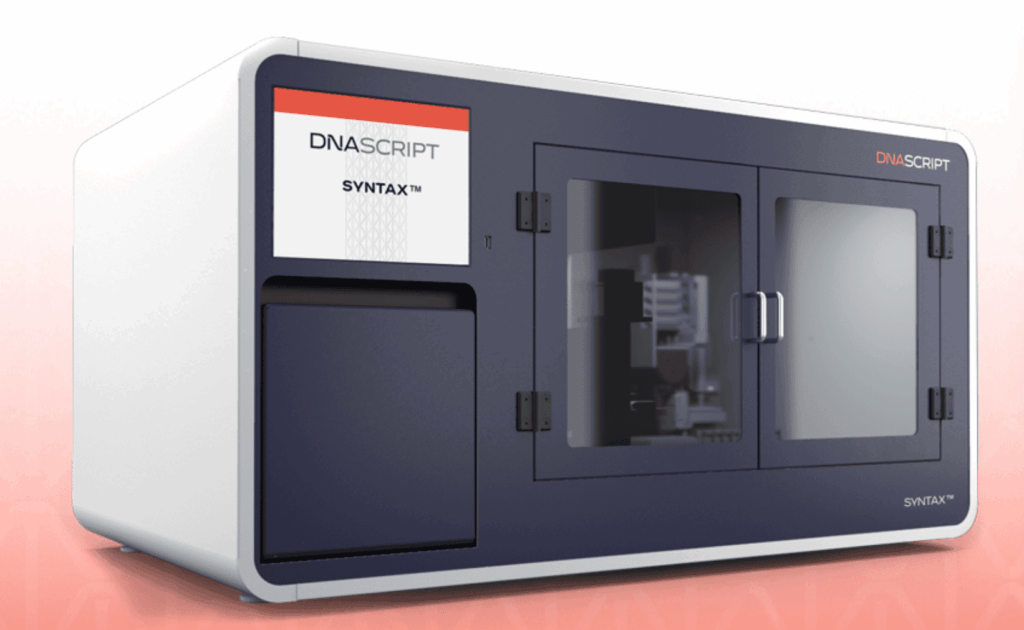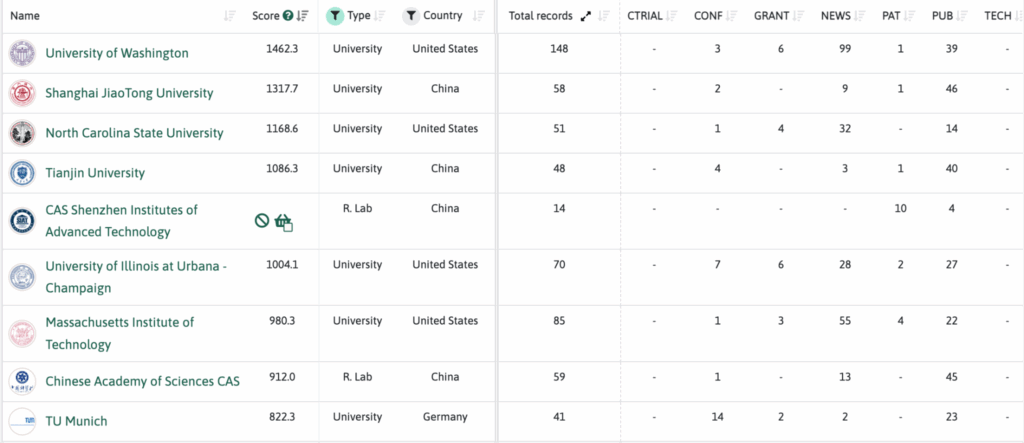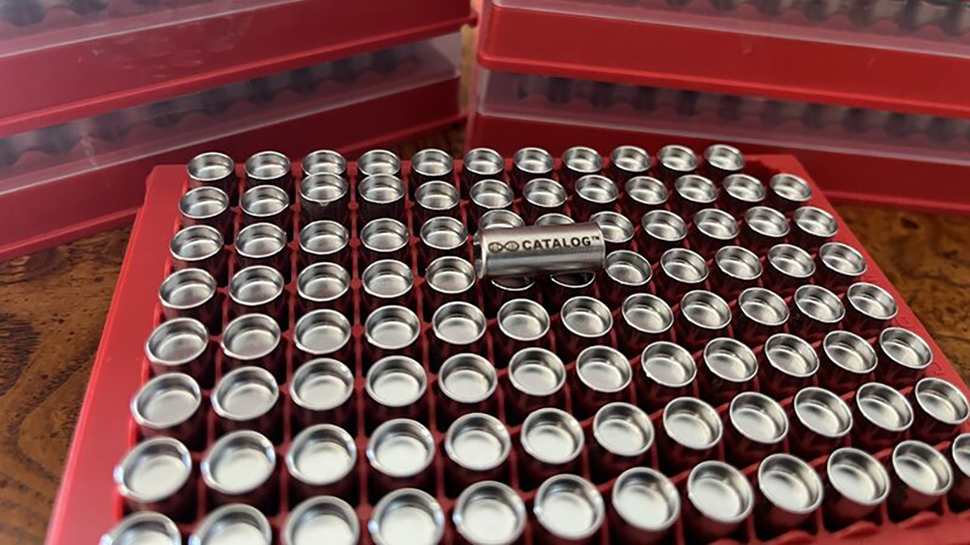What Is DNA Data Storage?
DNA data storage is a breakthrough technology that encodes digital information (photos, videos, text, code) inside synthetic DNA molecules. DNA is the densest known storage medium: one gram of DNA can theoretically store 215 million gigabytes of data. Unlike magnetic drives or silicon chips, DNA can last thousands of years without energy or degradation.
Because digital data is growing exponentially, traditional data centers will soon become too expensive, too energy-intensive, and too slow to scale. DNA is small, stable, and nearly “future-proof.”
Why Most DNA Storage Innovation Comes from Academia
Today, DNA data storage remains a niche R&D topic, historically driven by academic institutions such as:
These labs publish much of the foundational research and own benchmark patents in DNA coding schemes, error correction, sequencing, and DNA-based computing.
However, a new generation of bold startups is taking these discoveries out of the lab and into commercial markets, targeting long-term archiving, cold data storage, space missions, pharma data security, and even governmental data preservation.
Emerging Startups in DNA Data Storage
While universities still lead core research, emerging companies are pushing DNA storage toward productization. These startups are reducing the cost of DNA writing, creating molecular storage platforms, and building hardware systems that could eventually compete with traditional drives.
DNA Script (France)
DNA Script is advancing enzymatic DNA synthesis, one of the key enablers for affordable DNA storage. Traditional chemical methods for writing DNA are slow and costly, but DNA Script’s enzymatic technology is faster, safer, and easier to automate. Although the company serves a broad biotechnology market, this synthesis platform is central to many DNA storage pilot projects, positioning DNA Script as an essential player in scaling the economics of molecular storage.

Helixworks (Ireland)
Helixworks develops DNA-encoded digital archives and molecular barcodes. The company embeds encrypted data directly into synthetic DNA strands and, uniquely, into physical items for secure authentication and anti-counterfeiting. This demonstrates the first commercial use cases for DNA data storage beyond experimental archives. The company points toward real-world adoption in supply chain security and long-term preservation.

Iridia (USA)
Iridia has an hardware approach to data storage, combining DNA synthesis chemistry with nanoscale electronics to create DNA storage chips. Instead of treating DNA storage like a lab workflow, Iridia imagines a physical device that could slot into data centers the way solid-state drives do today. The company is backed by major storage manufacturers including Seagate and Western Digital, signaling strong industry interest in DNA-based hardware.
Twist Bioscience (USA)
Although not exclusively a DNA storage startup, Twist Bioscience has become a cornerstone of the ecosystem through its high-volume DNA manufacturing platform. Twist partners with Microsoft and the University of Washington on some DNA data storage experiments. As DNA synthesis becomes faster and cheaper, companies like Twist are expected to accelerate commercial adoption.
Catalog (USA)
Catalog is one of the most visible startups in DNA data storage and DNA computing. The company’s signature approach replaces traditional base-by-base DNA writing with a programmable combinatorial method. This enables faster and cheaper molecular encoding. Catalog is testing secure archival storage and molecular analytics, with the long-term goal of building scalable DNA data platforms.
Fun fact? In collaboration with Asimov Press, Catalog has published and sold the first DNA books made of DNA data compressed in a steel capsule.
What Comes Next
The DNA storage ecosystem is still small, but momentum is growing as costs fall and performance improves. Academic institutions continue to deliver foundational science, while startups transform that research into commercial systems, partnerships, and pilot deployments. If the technology follows a similar trajectory to semiconductors or cloud computing, DNA data storage could evolve from niche research to a mainstream component of global digital infrastructure.
How Linknovate Helps
For companies exploring advanced R&D trends like molecular storage, synthetic biology, computational genomics, and long-term digital archiving, discovering reliable information can be challenging. Linknovate helps organizations stay ahead of emerging technologies by identifying top leaders, startups, universities, and patent holders across thousands of scientific domains.
With Linknovate, users can generate 1-click innovation reports that include key publications, patents, funding rounds, and institutional collaborations in any biotech or scientific topic, including DNA data storage. Whether you are scouting partnerships, monitoring competitors, or researching early-stage technologies, Linknovate enables fast, data-driven decision making in niche R&D areas.









